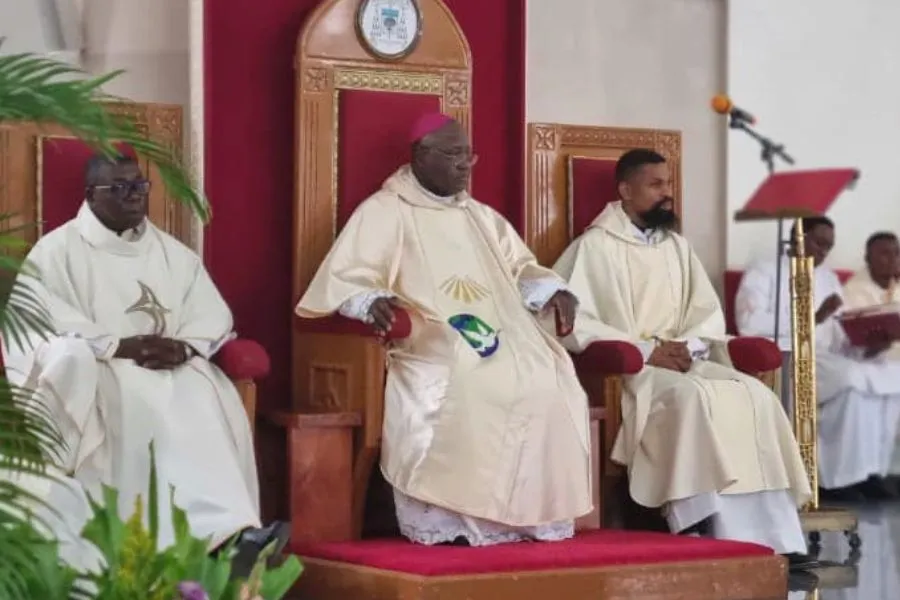Abuja, 06 June, 2023 / 8:55 pm (ACI Africa).
The communion and relationship of the persons of the Most Holy Trinity “should” inspire the cultivation of “unity and harmony” in Nigeria, the Local Ordinary of the country’s Abuja Archdiocese has said.
In his Sunday, June 4 homily during the Solemnity of the Most Holy Trinity, Archbishop Ignatius Ayau Kaigama lamented “divisions” that he said have plagued the West African nation, and challenged leaders who recently took the oath of office to take the lead in uniting Nigerians.
“The unity and harmony in the Holy Trinity should be our model in our society plagued by divisions,” Archbishop Kaigama said during the Eucharistic celebration at Our Lady Queen of Nigeria Pro-Cathedral of his Metropolitan See.
He added, “It is no secret that we are divided along ethnic, social, economic, and political lines; but we must strive harder to live out the spirit of our national motto, ‘unity and faith, peace, and progress.’”
Archbishop Kaigama said that “good neighborliness and patriotism over sectional interests, ethnic loyalty, or religious myopia” are necessary for the unity of Nigerians.







